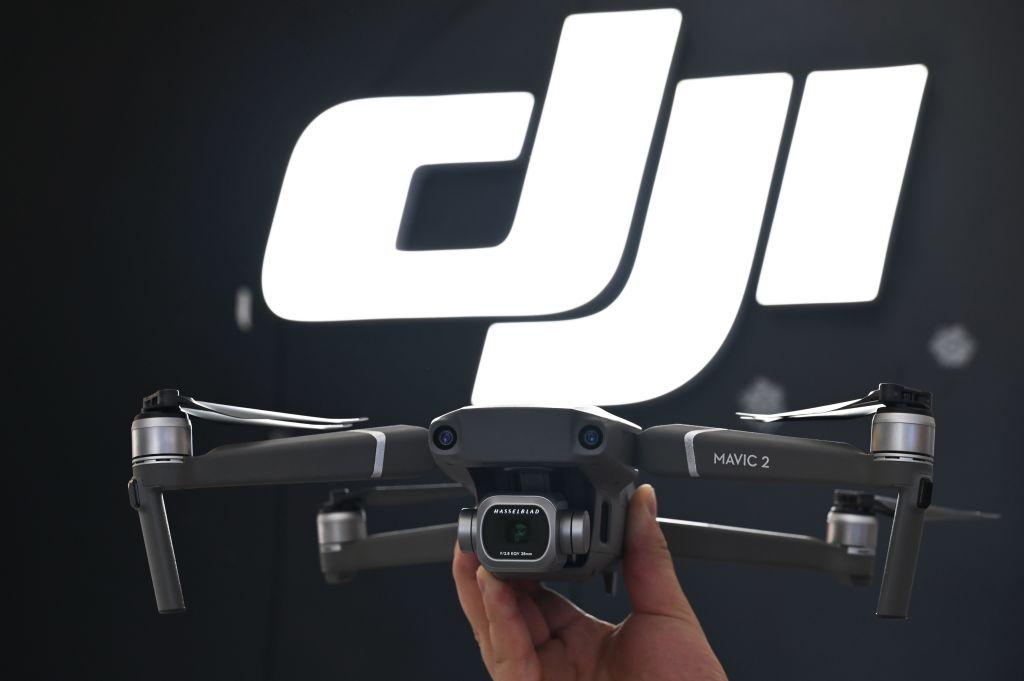U.S. think tank Heritage Foundation is calling on the Trump administration to impose sanctions on Chinese drone maker DJI because the data it collects could fall into the hands of the Chinese regime.
The report published on Aug. 19 said the data collected by Chinese drones flown in the country would include precise location of critical infrastructure and sensitive information, including locations of civic leaders, their movements, and interactions.




